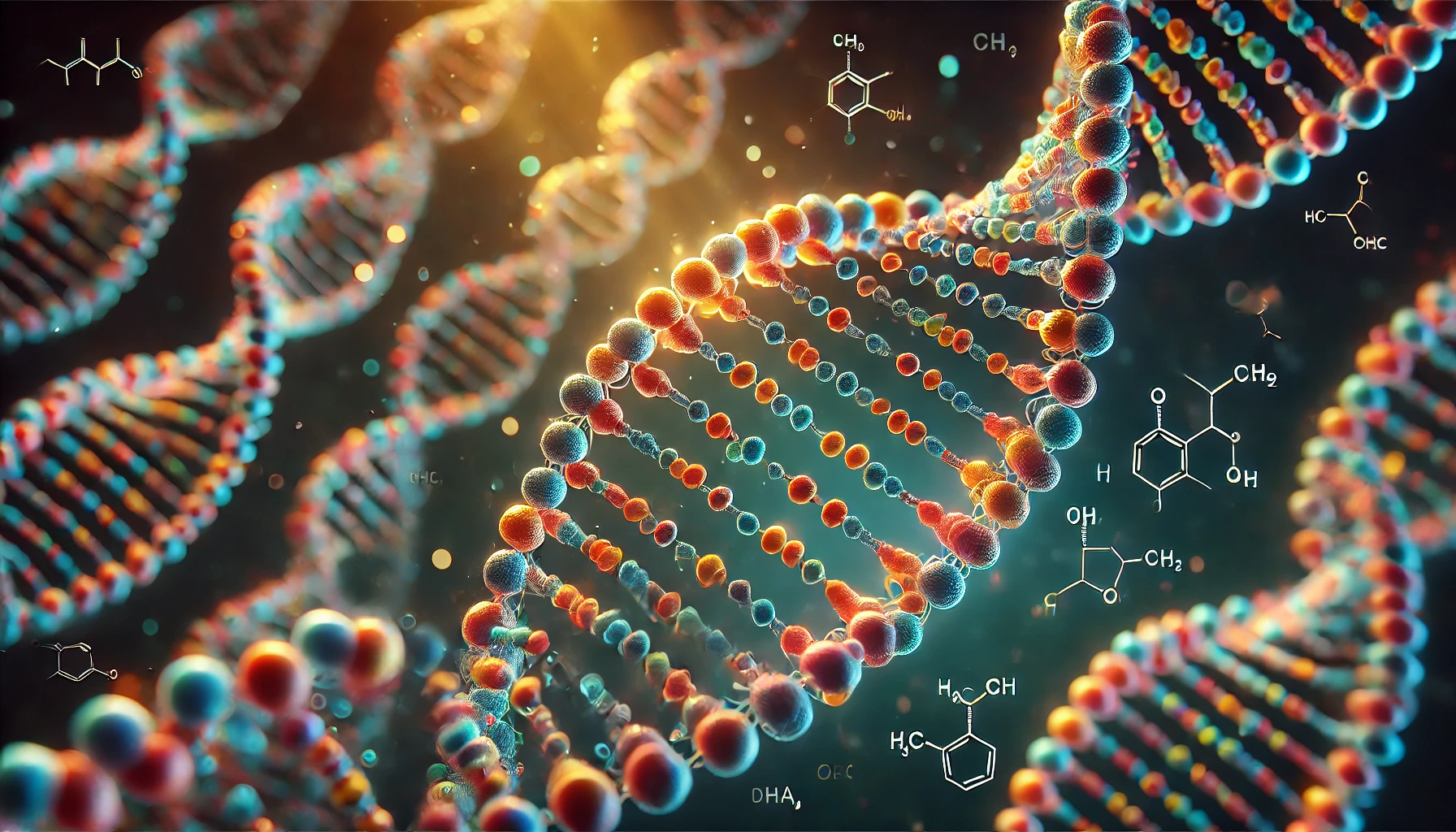Neurogene Adjusts Rett Syndrome Gene Therapy Trials After High-Dose Setback

Neurogene faced a tragic setback in its high-dose gene therapy trial for Rett syndrome after a patient succumbed to complications following the administration of their NGN-401 therapy[1]. This patient, the third to receive a high dose, developed a rare hyperinflammatory syndrome associated with adeno-associated virus (AAV) vectors, which are common in gene therapies[1][2]. In response, Neurogene has halted enrollments for the high-dose cohort, opting instead to focus on the safety and promising results observed in low-dose trials[2]. The FDA has allowed trials to continue using the lower dose, which has shown potential for a safe and effective treatment pathway[1].
References
Explore Further
What specific safety measures is Neurogene implementing to ensure the success of their low-dose trials for Rett syndrome?
How does Neurogene plan to integrate the low-dose data into their future regulatory submissions?
What alternative approaches are companies like Taysha Gene Therapies considering to reduce systemic risks in gene therapy?
In what ways has the recent high-dose setback impacted Neurogene's timeline for clinical trials and regulatory approvals?
How might the competition with companies like Taysha Gene Therapies influence Neurogene's strategy in the gene therapy landscape for Rett syndrome?